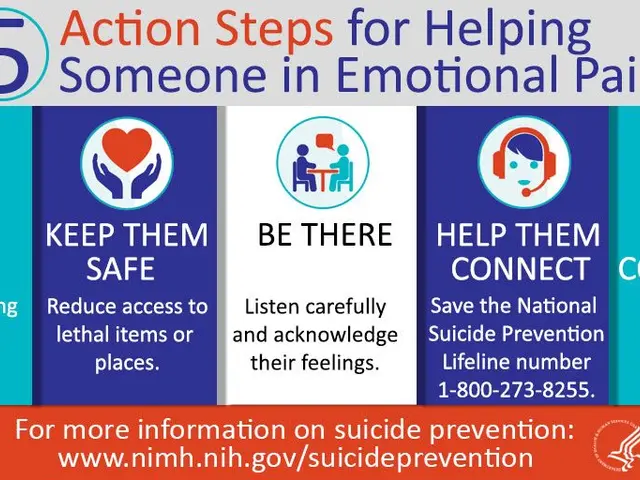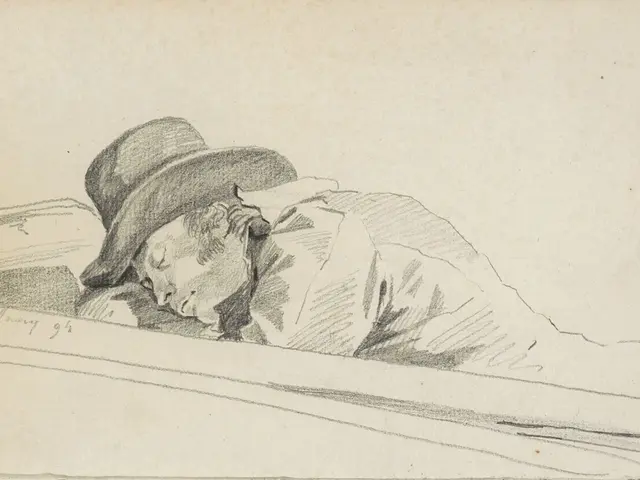Possibility of Self-Sabotage Through Displays of Personal Insecurities Impacting Your Existence?
Have you ever found yourself hurling your own fears, doubts, and insecurities onto someone else, using them as a mirror to hide your inner turmoil? It's a sneaky defense mechanism called projection, and it can leave you feeling lighter in the moment, but it comes at a cost - strained relations and an endless cycle of drama.
Projection is like passing the hot potato of your emotional baggage to someone else. It often shows up in the form of criticism, mockery, belittlement, or blaming others, while you play the victim when your attempts fall flat. At the core, these people are deeply insecure, plagued by trust issues, and threatened by everyone. To boost their self-esteem, they use manipulation, control, and domination as their weapons of choice.
If you find yourself repeating this pattern, it might be time to take a closer look at the origins of your fears and address the root causes. Neglected childhood traumas often contribute to this behavior, and focusing on reparenting those wounds can help break the cycle of toxicity in your life.
Common Signs of Projection:
- An overwhelming sense of defensiveness or sensitivity when someone challenges you or points out a flaw.
- A quick trigger finger when it comes to blame, often without a clear understanding of the facts or taking accountability for your actions.
- Difficulty understanding others' perspectives or seeing things from their point of view.
- Noticing a pattern of projection in your interactions - it's like a recurring episode in your life story.
Identifying these signs can help you become more conscious of your behavior and make more rational, thoughtful decisions in the heat of the moment. Remember, human behavior is a reflection of people's ideas, emotions, and experiences rather than a judgment on us. Investigate the deeper emotions behind your reactions and search for the cause of your reactions. By adopting a curious rather than judgmental perspective, you can discover hidden insights into your emotional motivations.
Cognitive Behavioral Therapy (CBT) is an effective tool for uncovering and addressing projection. Through self-reflection, identifying thought patterns, building emotional awareness, and learning new coping strategies, you can break free from the cycle of projection and embrace a more authentic, empowered life.
- Cognitive Behavioral Therapy (CBT) can be a valuable tool in addressing projection by fostering self-awareness, helping identify thought patterns, and encouraging the development of new, healthier coping strategies – all key factors in the journey towards a more authentic and empowered lifestyle.
- As people work towards self-awareness, they may recognize that projection often shows up in their relationships, manifesting as criticism, belittlement, or blame – common signs that can have negative repercussions on mental health, health-and-wellness, and overall lifestyle.
- To foster mental health and heal from the effects of projection, focusing on developing self-awareness, improving self-esteem, and nurturing empathy and understanding within relationships can help create a more harmonious environment – contributing to a broader sense of self-awareness and wellness within the health-and-wellness community.








